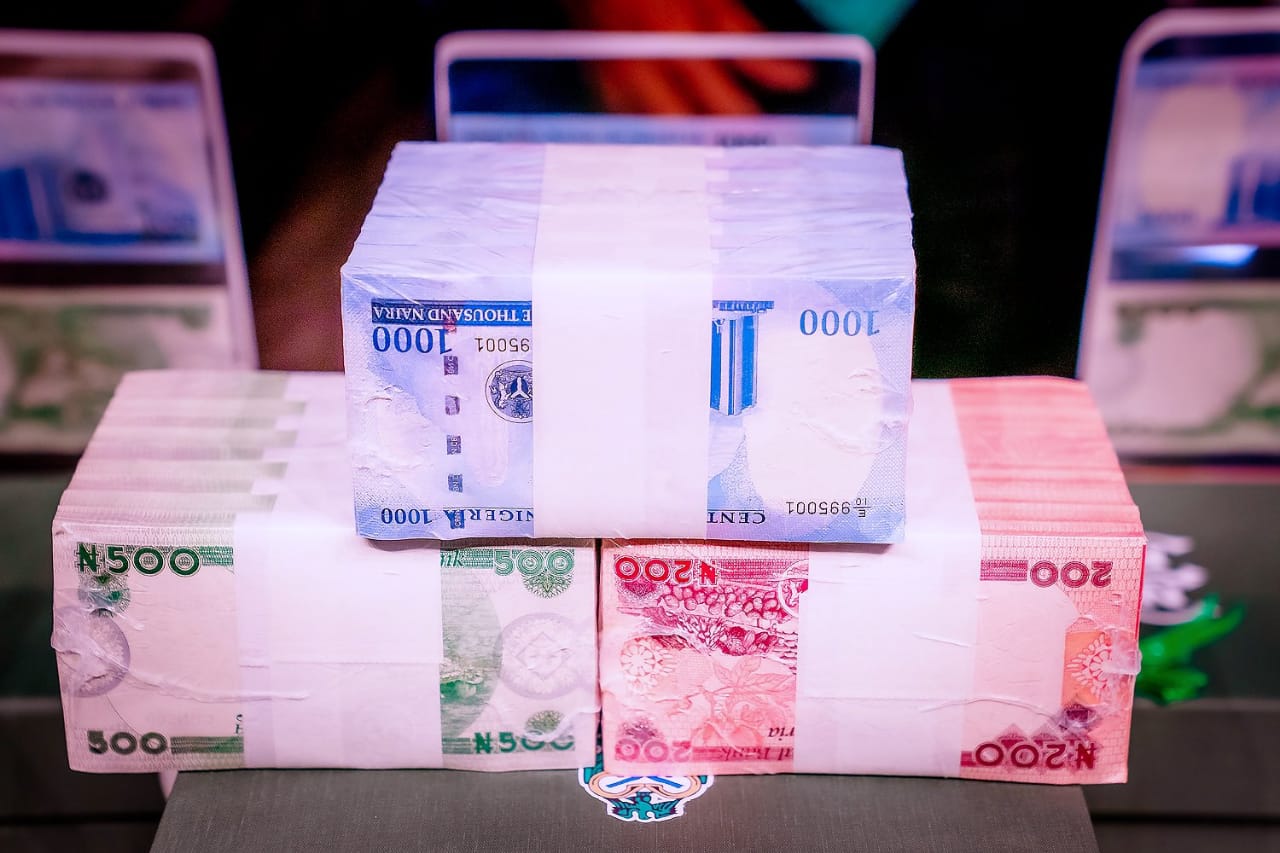
This is according to new data from the Nigeria Inter-Bank Settlement System. In 2022, the CBN announced a naira redesign policy, withdrawal limits, and encouraged Nigerians to adopt electronic forms of transactions.
The CBN said, “The maximum weekly limit for cash withdrawals across all channels by individuals and corporate organisations shall be N500,000 and N5m respectively.”
It added, “Customers should be encouraged to use alternative channels (Internet banking, mobile banking apps, USSD, cards/POS, eNaira, etc.) to conduct their banking transactions.”
Implementation of the policy has been postponed from its initial January 31 deadline to February 10. This new deadline is now subject to a Supreme Court judgement that has restrained the Federal Government from implementing its deadline.
Since the policy was announced, Nigerians have been subject to long ATM queues, buying of the naira, failed transactions, and problems with banks’ mobile applications.
The recorded figure for Nigeria Instant Payment System in January 2023 (N38.77tn) is the highest on record for the month of January on the NIBSS portal. While instant payment increased by 45.52 per cent y-o-y, it fell by 7.75 per cent month-on-month from N42.03tn in December 2022 to N38.77tn as of January 2023.
Based on NIBSS data, December usually records the highest transaction volumes and figures because of the yuletide season.
According to the CBN, the use of case payments will reduce in the country by 2025. It stated this in its Payments Vision 2025 document.
It explained that by 2025, the country will have a cashless and efficient electronic payment system infrastructure to service all sectors of the economy.
It said, “The use of cash will naturally slow with the ‘mobile first generation’, which will be economically active by 2025, hence one of the focuses of the PSV 2025 is enhancing the cashless policy of the CBN”, the document stated.
“As we implement the PSV 2025 agenda, the CBN will continue to ensure that the Nigerian payments system is widely utilised domestically, supports the government’s financial inclusion objectives, and meets international standards while contributing to overall national economic growth and development of Nigeria.”




